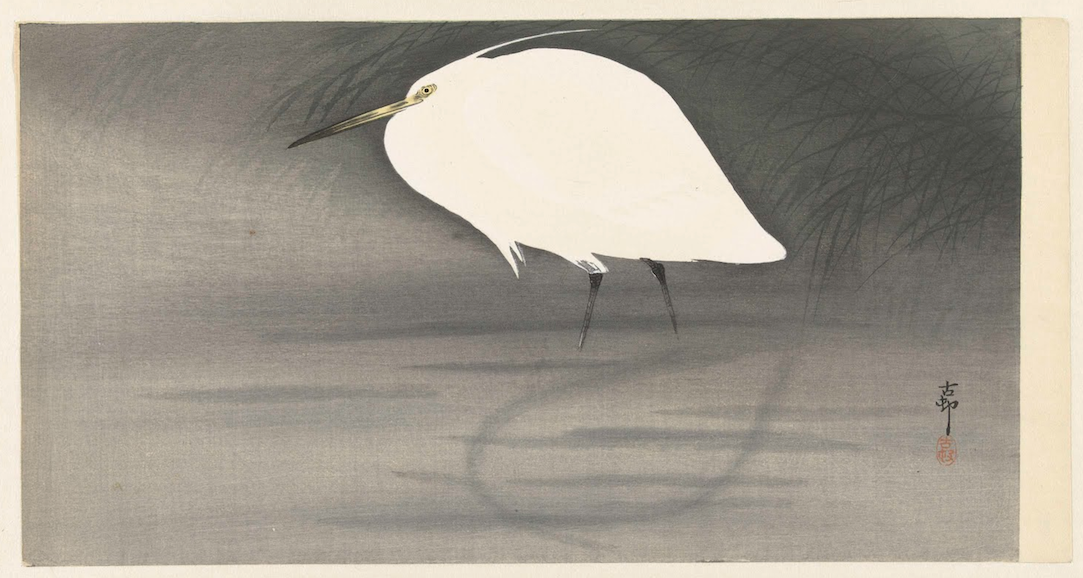💌 How do you like *dis* information?
Making sense in the distraction economy.
tl;dr – vote yes

Ahoynesses. I’m trying a new thing—“musings in 750 words or less”. Last week’s museletter was a 15 minute read—and thus very unpopular. Either way, I am increasingly feeling that The Internet is not the place for longform reading—that’s the role of books and print publications. So what is the internet for?
Well, many things, of course. Chief amongst them, the internet is for collectively sharing, connecting, and ‘making sense’ of things—so that we might coordinate more effectively (amidst higher orders of complexity). But our noösphere has become so corrupted, polluted, distorted and inflamed—that seems like a bit of a pipe dream, now.
In writing this museletter, I was reminded of something I wrote nearly four years ago—🍂 How to Navigate The Internet like a Wizard. 🧙🏻♂️ I had deleted this musing a couple of years ago amidst my prolonged Signature Existential Crisis™️—but have since resurrected it for you, because my writing was actually Not That Bad, and the concepts I shared still seem apt.
In that I musing I posited that the internet is The Warp. “Treat all of the gifts from The Warp as suspect—literally warped distortions of partial-truths.”
